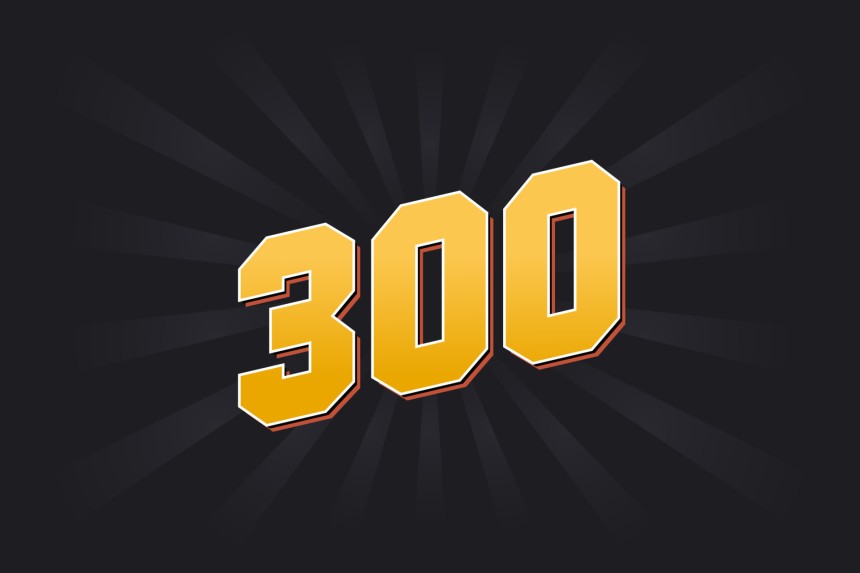
Do All Credit Cards Do Hard Pulls?
You may qualify for credit cards without hard pulls during the prequalification process or soft pull. To receive your actual credit limit and APR, a hard pull may be required.
When applying for a credit card, one crucial consideration is how the application process impacts your credit score. A common concern is whether a credit card application will result in a hard pull (or hard inquiry) on your credit report, and if all credit cards perform a hard pull. This article delves into the nature of credit card inquiries, distinguishing between hard and soft pulls, and explaining how they affect your credit.
What is a Hard Pull?A hard pull, or hard inquiry, occurs when a lender or financial institution reviews your credit report as part of a decision-making process for a credit application. This type of inquiry generally requires your permission and can temporarily lower your credit score by a few points. Hard pulls are typically associated with credit applications, such as loans or credit cards, and signal to potential lenders that you are seeking new credit.
What is a Soft Pull?In contrast, a soft pull, or soft inquiry, involves a review of your credit report without affecting your credit score. Soft pulls can occur in several scenarios, such as:
- Pre-qualification Offers: Credit card issuers may perform a soft pull to assess your creditworthiness before making a pre-qualification offer.
- Credit Monitoring Services: Checking your own credit report through credit monitoring services is a soft pull.
- Background Checks: Employers and landlords may perform soft pulls as part of their background check processes.
Not all credit card applications involve a hard pull. The approach can vary depending on several factors, including the credit card issuer’s policies and the type of card you are applying for. Here's a breakdown of different scenarios:
1. Standard Credit Card ApplicationsFor most standard credit cards, especially those offered by major issuers such as Chase, American Express, and Citibank, a hard pull is typically required. This is because these issuers need to thoroughly assess your creditworthiness before extending credit. The hard pull helps them determine your credit risk and set terms such as your credit limit and interest rate.
2. Pre-Qualification and Pre-ApprovalMany credit card issuers offer pre-qualification or pre-approval processes that involve only a soft pull. This allows you to see if you might qualify for a card without impacting your credit score. If you receive a pre-qualification offer, it does not guarantee approval but can give you an idea of your chances without the risk of a hard inquiry.
3. Secured Credit CardsSecured credit cards, designed for individuals with poor or limited credit histories, often involve a hard pull. Issuers of secured cards need to evaluate your creditworthiness to determine the appropriate security deposit and terms of the card. However, because these cards are backed by a deposit, the risk to the issuer is lower than with unsecured cards.
4. Store Credit CardsStore-branded credit cards, which are typically issued by retail chains, also usually involve a hard pull. These cards are often easier to obtain than general-purpose credit cards but still require a credit assessment to determine your eligibility.
5. Credit Card Issuer PoliciesDifferent credit card issuers have varying policies regarding credit inquiries. While some issuers might perform a hard pull for all new applications, others might use a combination of soft and hard pulls based on the applicant's credit profile and the card being applied for.
Why Does a Hard Pull Affect Your Credit Score?When a hard pull is conducted, it indicates to credit scoring models that you are seeking new credit. This can have a minor negative impact on your credit score, typically lowering it by a few points. The reason for this impact is twofold:
- Credit Risk Perception: Multiple hard inquiries in a short period may suggest to lenders that you are experiencing financial distress or are actively seeking a lot of new credit, which can be a red flag.
- Credit Score Calculation: Credit scoring models, such as FICO and Vantage Score, factor in hard inquiries as part of their calculation. While a single hard pull usually has a minimal effect, numerous inquiries can have a more significant impact over time.
To minimize the impact of hard pulls on your credit score, consider the following strategies:
- Pre-Qualification: Before formally applying for a credit card, use pre-qualification tools offered by many issuers to check if you might be eligible without a hard pull.
- Space Out Applications: Avoid applying for multiple credit cards or loans in a short period to reduce the number of hard inquiries on your credit report.
- Monitor Your Credit: Regularly check your credit reports and scores to stay informed about your credit health and understand how inquiries affect you.
- Focus on Building Credit: Building a strong credit history through timely payments and responsible credit use can help mitigate the impact of hard inquiries.
Not all credit card applications result in a hard pull, but many do, especially for standard and store credit cards. Pre-qualification processes and certain types of credit cards, such as secured cards, may involve only a soft pull. Understanding the difference between hard and soft pulls, and how they impact your credit score, can help you make informed decisions when applying for credit.
By carefully managing your credit inquiries and focusing on building a strong credit profile, you can navigate the credit application process with greater confidence and minimize potential negative impacts on your credit score.





